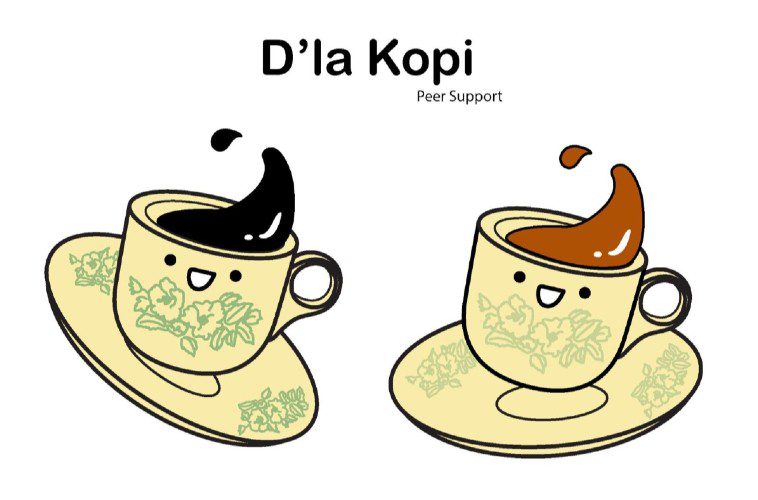Hilda Hayo
Hilda is a founding member of the Young Dementia Network and in 2023 celebrated ten years as CEO of Dementia UK. She shares how awareness of young onset dementia has grown and what improvements there have been.
The key success factor of the La Kopi peer support group is that everyone feels empowered, included, and respected regardless of their abilities and cultural background.
Emily OngPeer support for people with dementia is a relatively new concept in Asia, except for countries like Japan and Taiwan. The approach to dementia care can be quite paternalistic, and people with dementia are passive recipients of care. Thus, the focus is on keeping the people with dementia occupied and engaged via activities rather than providing them with a space to empower and support each other. Moreover, centre-based activities cater to older people with dementia, making the centre less appealing to those with young onset dementia. Even older people with mild Alzheimer’s disease are reluctant to attend the programs offered by these centres.
In August 2021, during the second year of the Covid 19 pandemic in Singapore, the online La Kopi Peer Support Group was established. Initially, the service was under Dementia Alliance International but has since been supported by Dementia Singapore.
The name La Kopi means come together for coffee in Hokkien , a local Chinese dialect in Singapore. The name and logo were intentionally crafted to generate a welcoming and fun feel to come together and have conversations. Emily Ong, who started this online peer support group, has been hosting it weekly for an hour plus and it is open to people with young onset dementia and older people with mild dementia. The group is currently serving 12 alumni with dementia of Voices for Hope programme and their care partners.
The La Kopi peer support group is unique from the usual peer support group in that it adopts a multi-domain approach. While social interaction and support remain an integral component of peer support, Emily incorporates cognitive activities, brain education, wellness, physical exercise, and music performance by peers into the weekly get together session. The goal is to get her friends to stay active mentally, socially, physically, and cognitively.
The other uniqueness of the La Kopi peer support group is that engagement can be customized to support those members who need extra support to ensure they are included and not left behind. For example, we have a friend who has increasingly difficulty comprehending and following the conversation and expression. In such a situation, Emily will simplify the conversation and activity so that he can participate at his level without feeling inadequate.
Although English is the primary language, the support group also caters to Chinese-speaking and Malay-speaking individuals. The practice not only embrace cultural diversity but also to take into consideration that individuals with dementia might lose their ability to speak English and revert to only speaking or understanding their mother tongue.
The key success factor of the La Kopi peer support group is that everyone feels empowered, included, and respected regardless of their abilities and cultural background.
“I think it’s very good for people like us [with dementia]. We don’t know how to do, when we come in we learn a lot from you all. I look forward to it. I can see so many people here, talk [about] a lot of things, then I can learn […] from each other. So, I think this is a good thing.”
– Peck Hoon, regular participant since sessions first started in August 2021

My advice for those who might want to consider setting up a local peer support group in your community:
Feel free to contact me if you would like to know more about La Kopi – email: ongtan2@gmail.com.
Hilda is a founding member of the Young Dementia Network and in 2023 celebrated ten years as CEO of Dementia UK. She shares how awareness of young onset dementia has grown and what improvements there have been.
Keith was diagnosed with young onset Alzheimer’s disease aged 55. Since his diagnosis he has worked tirelessly as a dementia activist and has written a number of books, most recently ‘Talking with dementia reconsidered.’
Tony’s wife was diagnosed with dementia at the age of 53; he cared for her for over 20 years. He shares how their experience spurred them on to set up the Bristol Dementia Action Alliance.